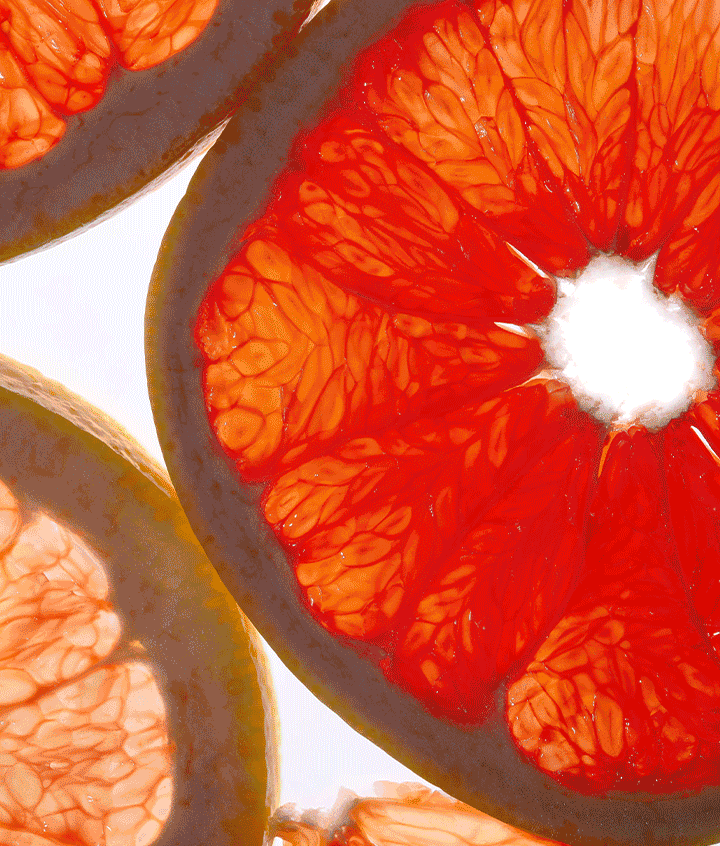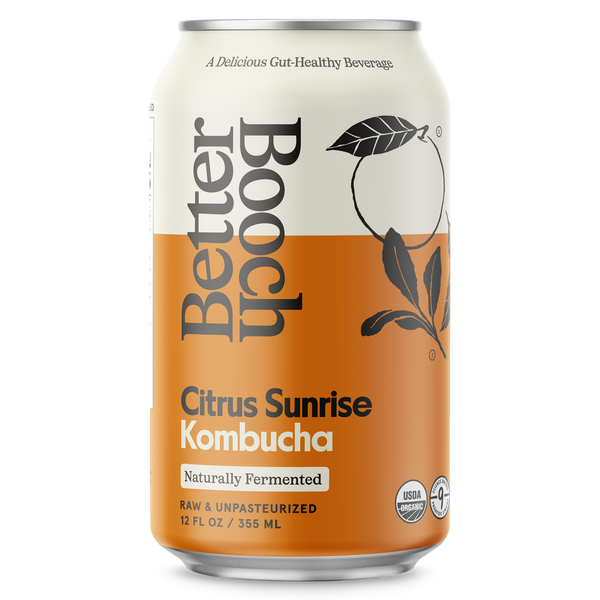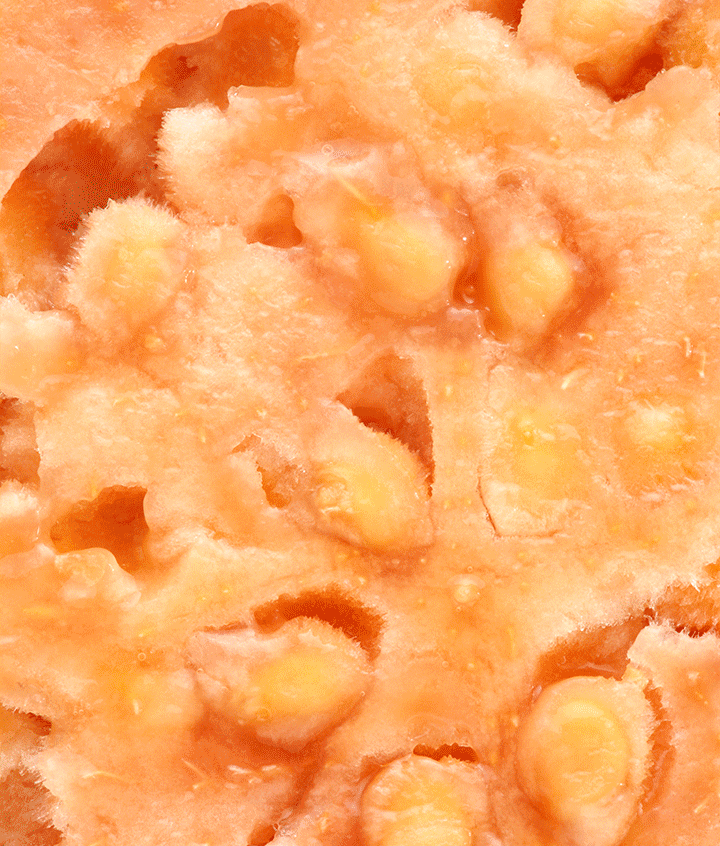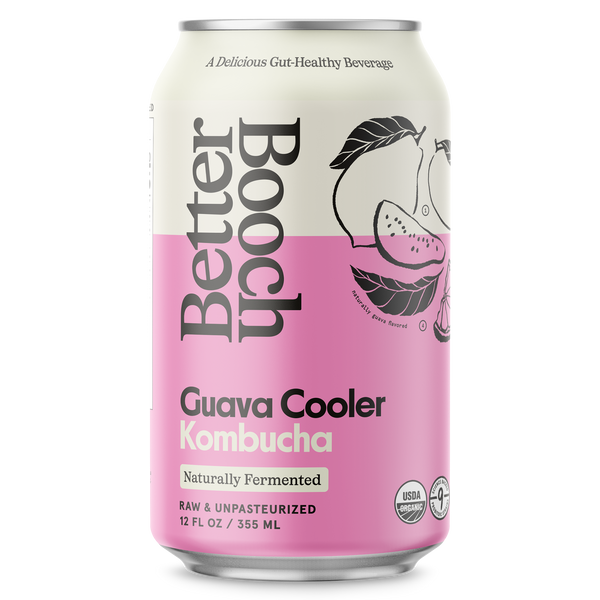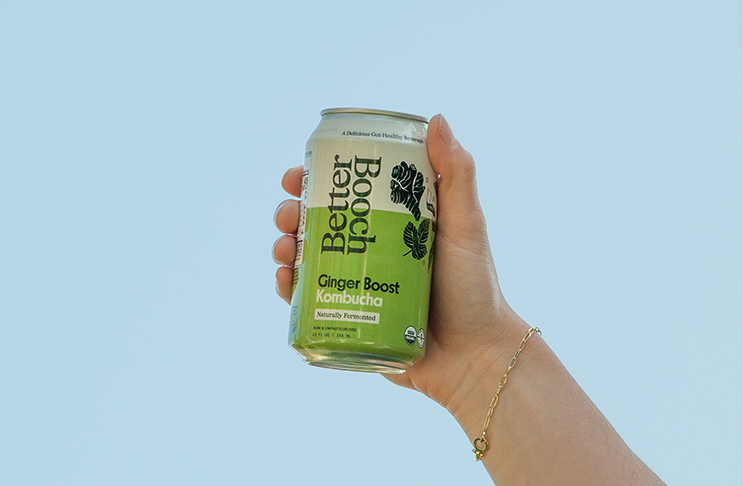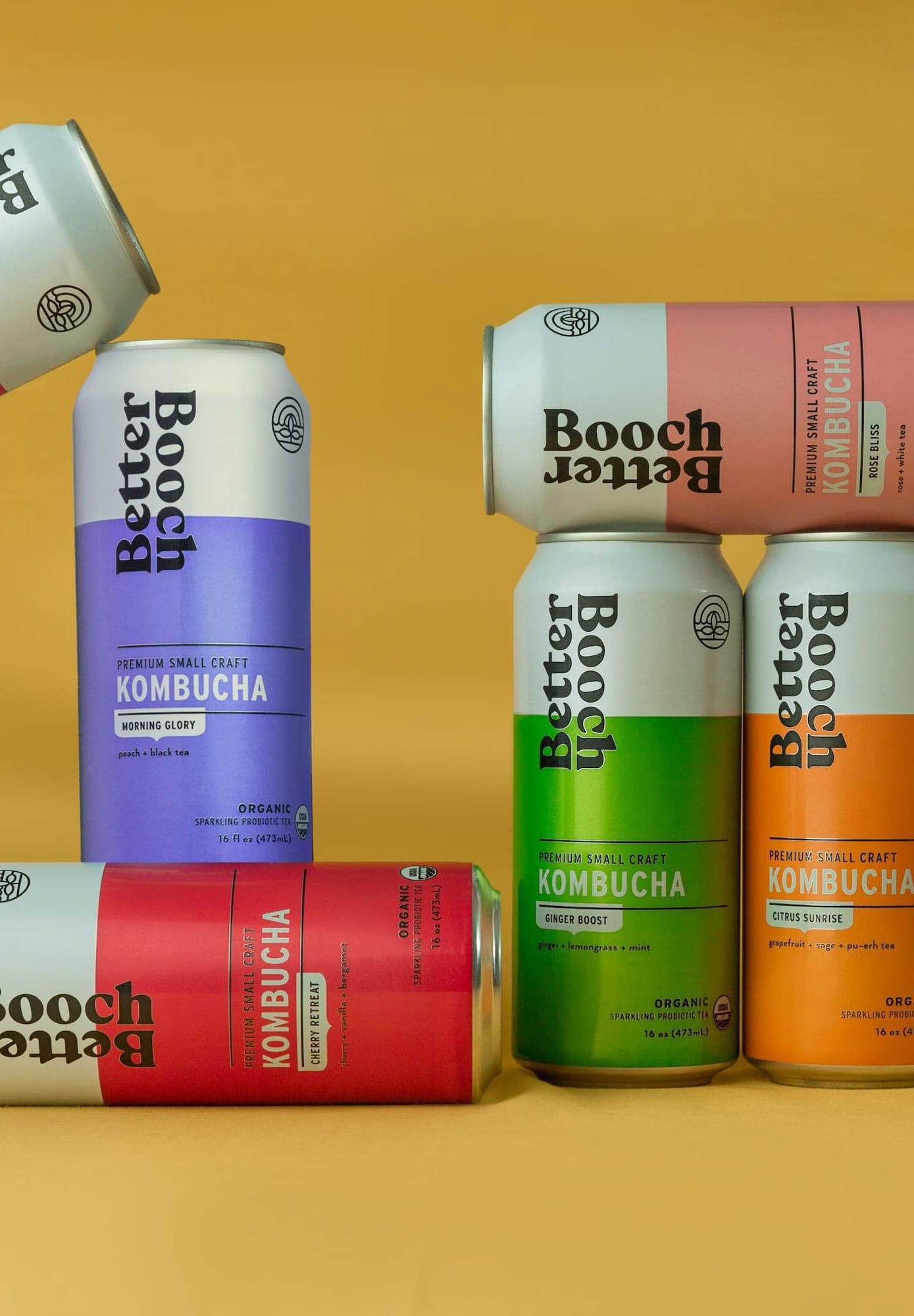Close your eyes and picture yourself holding your favorite high quality kombucha… are you holding a glass bottle or an aluminum can?
When it comes to the question of aluminum cans vs glass bottles, there has been, historically, a kombucha industry standard of glass packaging. Maybe it’s the perception that glass is more sustainable or that beverages packaged in glass bottles are higher quality than their canned counterparts but you may be surprised to learn that the opposite is true. Below we’re breaking down 5 reasons cans are better than glass when it comes to kombucha packaging.
1. Glass bottled kombucha is like going out in the sun without any sunscreen
Cans are better at preserving kombucha fermented brew, plain and simple. While it’s great for us as humans to get moderate amounts of that delicious vitamin D from sunshine, the same cannot be said for kombucha. In fact, research shows that visible light can actually harm kombucha because it can cause different yeasts to stop growing or fermenting. Which is why cans reign supreme when it comes to kombucha packaging. Where glass bottles act like a window between visible light and kombucha, aluminum cans are like black-out curtains.
So, let your booch get some much needed protection from the sun and opt for canned kombucha the next time you want to treat yourself.
2. The aluminum can wins the gold medal for sustainability
It may feel like you’re being eco-conscious when reaching for that glass bottle of kombucha, but there are some pretty surprising facts about aluminum cans that actually make it the front runner when it comes to sustainability.
Here are some interesting environmental facts for you to noodle on:
- Cans are 100% recyclable. There is no limit to how many times they can be recycled, so aluminum cans can be recycled indefinitely! (Source)
- Recycling aluminum takes 95% less energy than making aluminum from raw materials as opposed to recycling glass which saves only 30% of the energy required when producing glass from raw materials. (Source)
- 1 ton of recycled aluminum saves 10 cubic yards of landfill space where recycling 1 ton of glass saves only 2 cubic yards of landfill space. (Source)
- It takes as little as 60 days to recycle a used can and get it back onto a grocery store shelf as a brand new can. (Source)
- Each ton of aluminum recycled saves more than 15 tons of fresh or sea water use, so if nothing else – do it for the turtles. (Source)
- Habitually, aluminum cans are 70% more likely to be recycled than glass.
3. Take your can on an adventure to the places your glass can’t go
Cans will go wherever glass can’t, like pool-side and to the beach. Another cool thing we love about cans is that we’re not worried that they’re going to shatter in our backpack as we hike a couple of miles to the perfect picnic spot. No one wants that.


4. Cans have a lower carbon footprint!
According to this sustainability report, cans reduce the overall energy and greenhouse gas emissions associated with shipping because they weigh less than glass and can be packed more efficiently.
5. Make the change and save some change
Alright, here’s a final bonus for ya – since it costs less to ship Better Booch in aluminum cans vs glass bottles, we can lower the price. Pretty sweet, right? We think so too because we believe everyone should be able to treat themselves to kombucha on the regular.
Moral of the story
We dig canned kombucha more than glass bottled kombucha. It’s more sustainable, easier for us to take on our adventures, and it can save you some loot when stocking up on Better Booch. For us, that’s a win-win-win but we want to hear from you…
When it comes to cans vs glass bottles, which do you prefer and why? Let us know on social media @BetterBooch!
